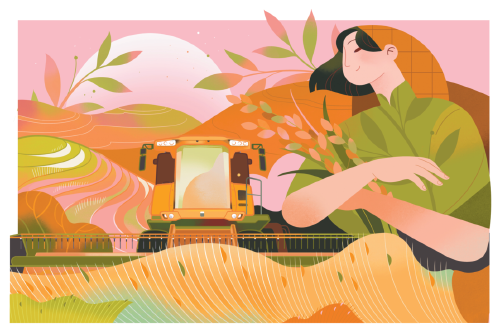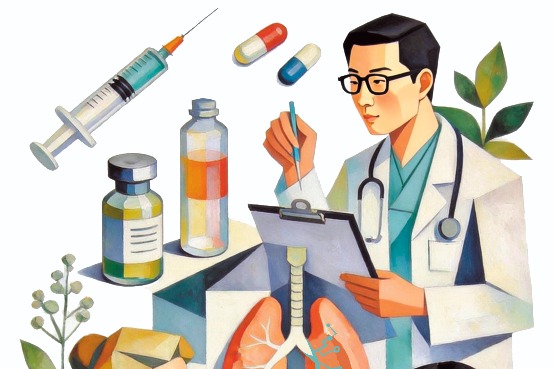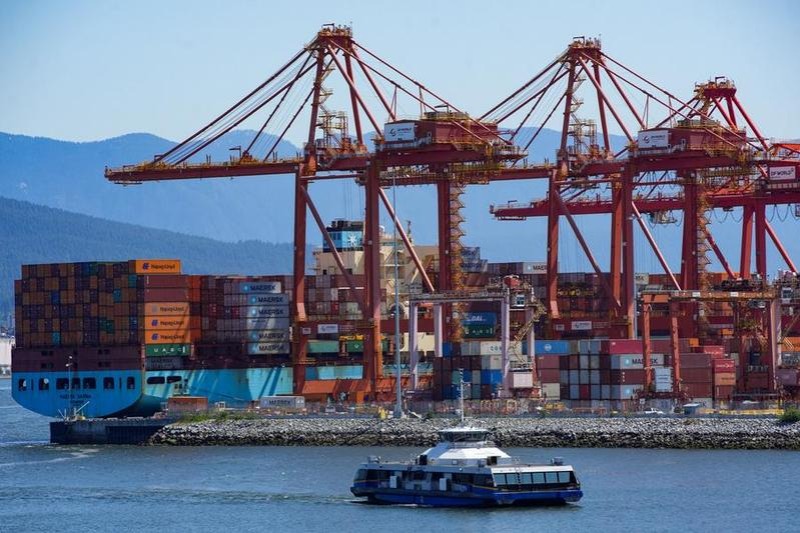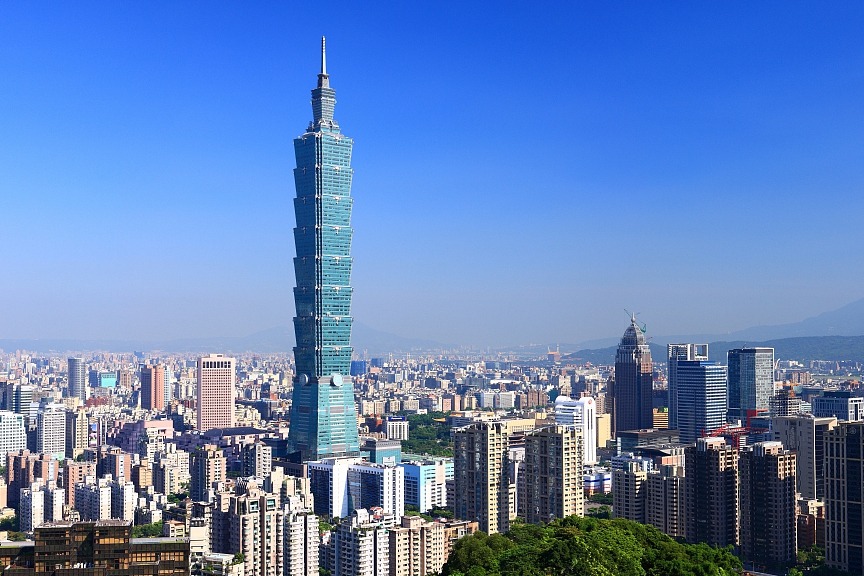Modern agriculture key part of Chinese modernization


China has reached a critical juncture in the construction of a modern country, which requires a solid understanding of agricultural modernization because it is the foundation for a country's overall modernization.
Agricultural modernization involves the use of advanced technologies, and scientific methodologies and management practices to enhance the efficiency, productivity and sustainability of agriculture, which are pivotal to the pursuit of Chinese modernization.
First, fulfilling the extensive needs of a sizable population requires the modernization of agriculture. As China pursues modernization for the benefit of its over 1.4 billion people, it is crucial to align agriculture with their needs. In order to do that, China needs to modernize agriculture, which requires integrating cutting-edge technologies, equipment and practices, and using automation and technology-driven solutions to make up for the shortage of labor due to the aging workforce.
This approach will enhance the efficiency, boost the productivity, improve the quality and ensure the safety of agricultural and other food products, and meet the diverse demands of an increasingly prosperous population, while helping strengthen overall food security. Imported food products account for 30 percent of the total food consumption in China, so by increasing domestic food production, agricultural modernization can reduce imports and further stabilize the food supply.
Second, agricultural modernization will contribute to the realization of shared prosperity. For example, the per capita disposable income of rural residents in China reached 20,133 yuan ($2,835.93) in 2022, which is just above 40 percent of the income of urban households. However, to achieve shared prosperity, it is essential to close the urban-rural income gap.
In this regard, agricultural modernization opens up new vistas for rural development and job creation, diversifying income sources, improving infrastructure and elevating the overall living standards, which in turn facilitates a more equitable distribution of wealth and other resources between rural and urban resources.
Third, agricultural modernization fosters technological innovations. The integration of modern technologies into agriculture serves as a catalyst, stimulating innovations and driving technological advancements. This not only has had a positive impact on the agricultural sector but also generates spillover effects, contributing to overall technological progress throughout the country.
And fourth, advancing environmental sustainability through innovative practices is very important to realize agricultural modernization. And the integration of modern agricultural technologies, such as precision farming, efficient water management, and eco-friendly farming, will empower farmers to optimize resource utilization, adapt to climate change and build resilience against extreme weather events, while reducing carbon emissions and contributing to climate change mitigation.
These practices align with China's goals of achieving sustainable development by, among other things, following green production methods, reducing greenhouse gas emissions, better protecting the environment, conserving biodiversity and saving water.
As the world's largest agricultural country, China has already made significant strides in agricultural modernization, establishing a solid foundation for the realization of national modernization.
In 2022, China's grain production reached a historic high thanks, in part, to the technological advancements, with the agricultural sector contributing to 10.5 percent of GDP growth. Also, agricultural labor productivity, land productivity and resource utilization efficiency have all significantly increased.
However, China's agricultural modernization still falls short of the advanced world's level. For instance, China's average cereal yield per hectare is significantly lower than that of developed countries — the average cereal yield of agricultural powerhouses such as the United States and the Netherlands was more than 8,000 kilograms per hectare compared with China's 6,265 kg per hectare.
Besides, the costs of land and labor in China have drastically increased.
These challenges have undermined the competitiveness of Chinese agricultural and food products. Additionally, China's labor productivity agriculture in 2019 was about 6 percent of the US and a little more than 8 percent of the Netherlands, with the proportion of agricultural workers in China being more than eight times that of Japan and France, and more than 20 times that of the US and Germany.
To support agricultural modernization, several measures should be implemented. To begin with, there is a need to strengthen organizational leadership, with the focus being on the development of agriculture and rural areas, while ensuring governments at lower levels submit annual reports to their higher-level governments on the progress of agricultural modernization.
It is also important to strengthen supervision and inspections, with governments at all levels conducting both regular and sudden inspections to ascertain whether the major agricultural modernization policies are being implemented.
Moreover, improvement in the assessment and evaluation processes is essential. While positive contributions to annual reviews should be acknowledged and rewarded, constructive feedback from areas needing improvement ought to be provided. These assessments and evaluations can serve as valuable references for officials as they prepare to successfully implement all the agricultural modernization policies.
Furthermore, investing more in R&D, agricultural facilities, rural infrastructure including irrigation and drainage systems, and the internet by both public and private enterprises is essential, in order to modernize agriculture.
Fang Xiangming and Fan Shenggen are professors at the Academy of Global Food Economics and Policy, China Agricultural University.
The views don't necessarily reflect those of China Daily.
If you have a specific expertise, or would like to share your thought about our stories, then send us your writings at opinion@chinadaily.com.cn, and comment@chinadaily.com.cn.


































